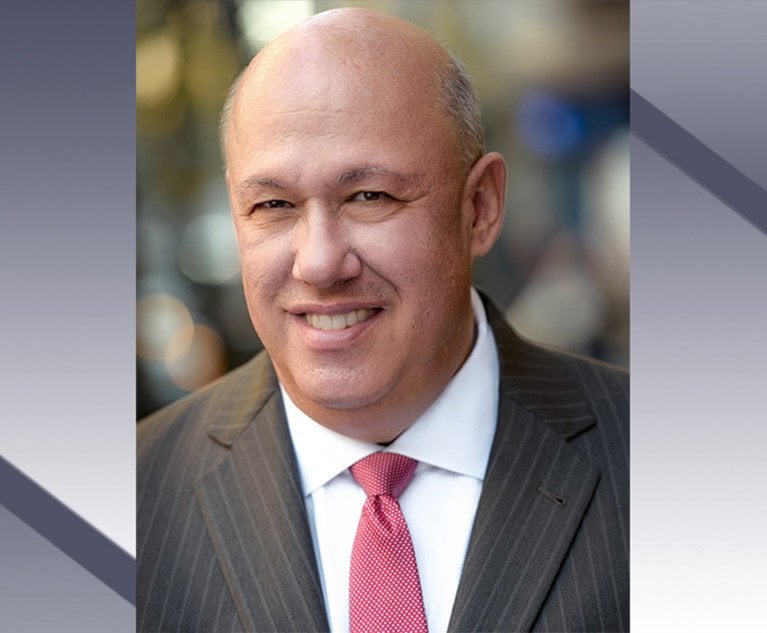 We are in the midst of a clash of ideas straddling generations. In 1970, the economist Milton Friedman asserted in a New York Times Magazine essay that “there is one and only one social responsibility of business … to increase its profits so long as it stays within the rules of the game.” That argument gained traction and helped shaped corporate behavior from the 1980s forward. A half century later, presidential candidate Sen. Elizabeth Warren sought to reverse the tide with a bill called the Accountable Capitalism Act, which would require large companies to consider the interests of various corporate stakeholders, including employees, customers, shareholders, and the communities in which the company operates.
We are in the midst of a clash of ideas straddling generations. In 1970, the economist Milton Friedman asserted in a New York Times Magazine essay that “there is one and only one social responsibility of business … to increase its profits so long as it stays within the rules of the game.” That argument gained traction and helped shaped corporate behavior from the 1980s forward. A half century later, presidential candidate Sen. Elizabeth Warren sought to reverse the tide with a bill called the Accountable Capitalism Act, which would require large companies to consider the interests of various corporate stakeholders, including employees, customers, shareholders, and the communities in which the company operates.
In a similar vein, an update of the Business Roundtable’s “Statement of the Purpose of a Corporation,” signed by 181 member CEOs, eschews a sole focus on the shorter-term interests of shareholders in favor of “a fundamental commitment to all of our stakeholders.” Those stakeholders are specified as employees, suppliers, communities and shareholders. Indeed, Satya Nadella, chief executive of Microsoft, was quoted in The Economist saying that a sense of purpose—together with a mission that is “aligned with what the world needs”—is part of building public trust, acknowledging that “there is a moral obligation.”






